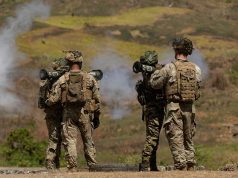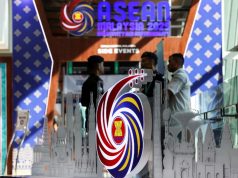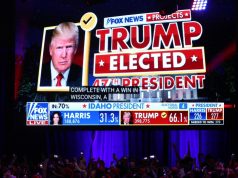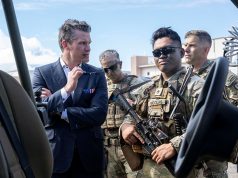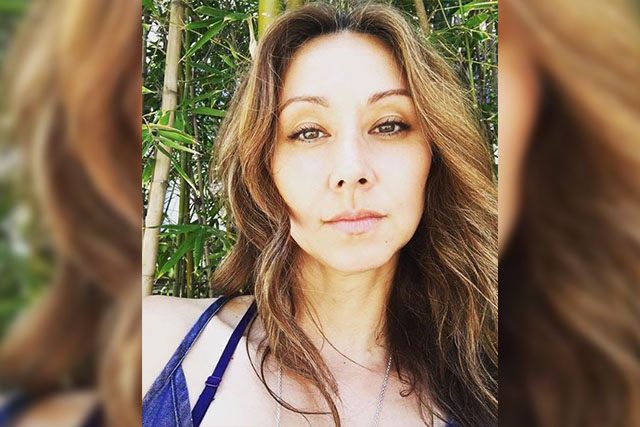
Former MTV VJ Belinda Panelo experienced racial discrimination in the United States when an American woman hurled offensive comments at her.
Panelo, a U.S. citizen with Filipino roots through her mother, was getting coffee with her son in Playa Vista—a neighborhood in Los Angeles, California—when a woman harassed her and asked questions about her race.
Panelo caught the incident in her smartphone, where it went viral on social media.
Disgusting…
Belinda Panelo was walking with her child when racist woman began yelling at her.
"What are you? He doesn't even look human. We pay $10,000 a month to keep you out" – she said on the video
This racist POS have no place in California!
Twitter, you know what to do pic.twitter.com/GQYNPzajed— Daniella Gomez (@Dany_xoo) February 15, 2019
“What are you? He doesn’t even look human. Okay, get off our street. You do not belong in Playa Vista!” the woman screamed in the video, presumably referring to Panelo’s son.
When Panelo asked if the woman was alright, she replied that “they do not want” her to be there.
“This is our street, leave us alone… we pay $10,000 a month to keep you out!” the woman exclaimed.
According to Panelo, she only parked her car in a public street at Playa Vista to get coffee when the woman suddenly shouted at her.
Panelo said that she wasn’t able to record the whole incident but the woman continued to ask about their race and hurled insults like “ugly,” “whore” and “subhumans.”
Filipinos and racism in the United States
It wasn’t the first time that a Filipino experienced discrimination in California, a state with a Filipino population of 1,651,933 as of 2018.
A previous report noted that a Filipina woman and her husband became a target of racist remarks when they went to a grocery store in Daly City.
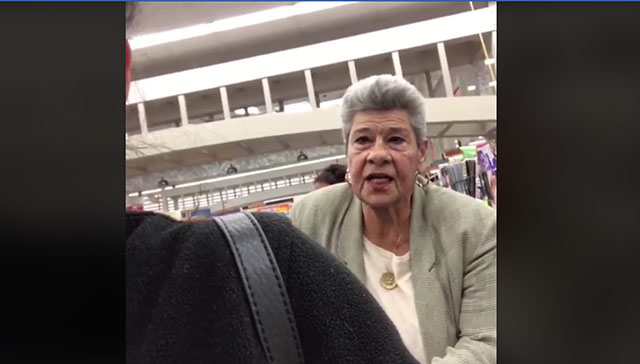
An old woman slammed them for “stealing” their jobs, money and food. They were told to go back to the Philippines.
Daly City Mayor Jusly Manalo, who is a Filipino-American, admitted that “anti-immigrant rhetoric” continues to exist in the city which is dubbed “Filipinotown.”
According to a report from a local media outlet, Filipinos have long been a victim of racism in the United States after World War One.
“Shortly after World War One, Filipino farm workers were a major labor source for the agri-businesses along the West Coast from Washington State down to Central California,” it noted.
However, their large population became a concern for the Americans who accused them of “stealing their jobs (and) dating white women” which led to extreme anti-foreigner sentiments.
The United States eventually became more culturally diverse throughout the years but there are still isolated cases of Filipinos being discrimination in the country.
As of September 2018, the U.S. Census Bureau reported that there are 4,037,564 Filipinos living in the United States.




